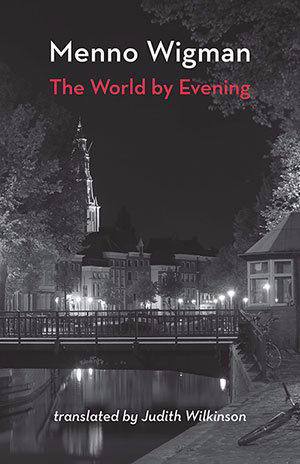2020 Titles — alphabetical by author
Daragh Breen Nostoc
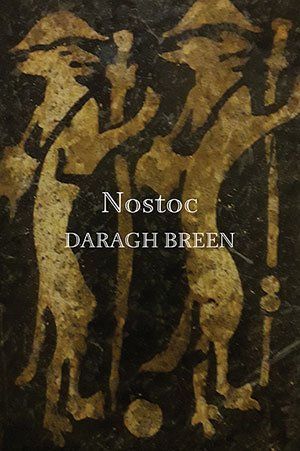
Yolanda Castaño Second Tongue
Translated from Galician by Keith Payne. Bilingual volume.
Published January 2020. Paperback, 88pp, 9 x 6ins, £10.95 / $18.
ISBN 9781848616578 [Download a sample PDF from this book here .]
“Yolanda Castaño writes love poems which are not tearful. Her love belongs to mysterious strangers from different continents and languages. She is never pedantic. She loves skipping […] between lines of her poems, between images and metaphors, between being frank and being mischievous.
The reader asks: ‘Can’t you decide between being frank and being mischievous?’ And the poet answers: ‘No, I can’t. Because this is not a treatise, not a schoolbook, not a scholarly article. It’s poetry, it’s art. It’s about skipping and leaping. It’s about singing all the way to Land’s End, in good and bad weather.’ Yolanda Castaño’s poems are like champagne … Read her poems and you’ll be jumping too.” —Adam Zagajewski
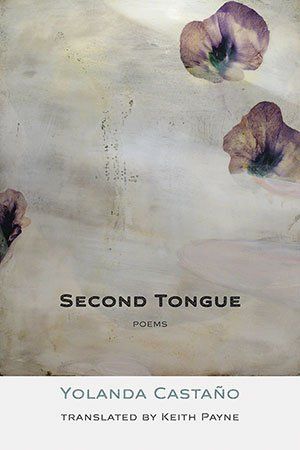
Claire Crowther Solar Cruise
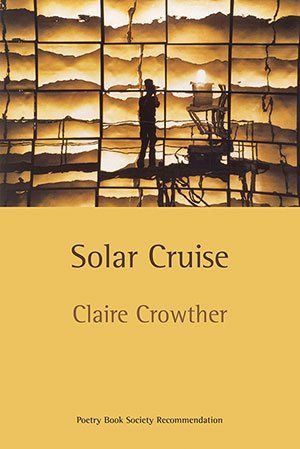
Rubén Darío Selected Poems
Rubén Darío (1867–1916), the Nicaraguan poet and founder of the literary movement known as modernismo – somewhat akin to French symbolisme – died more than a century ago, but his influence on Spanish-language poetry remains immense. Pablo Neruda, Federico García Lorca, Octavio Paz, César Vallejo, Gabriel García Márquez and Jorge Luis Borges, among many others, acknowledged their debt. Borges declared: ‘Darío was an innovator in everything: subject matter, vocabulary, metre, the peculiar magic of certain words …We can truly call him the Liberator.’
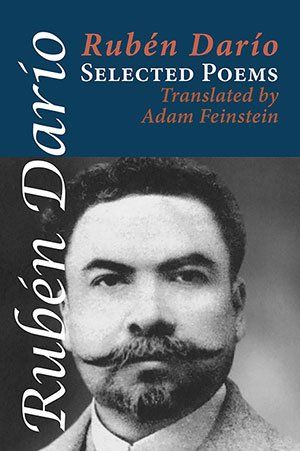
Terence Dooley (ed. / trans.) Ten Contemporary Spanish Women Poets
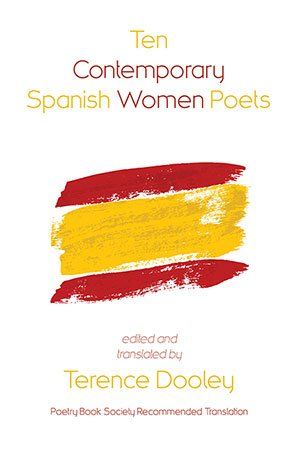
Aidan Fine A Nest This Size
Aidan Fine's A Nest This Size is a journey embarked on via contradictory terms that occur when one attempts to explore the limitations of human (vs.) sentient abidance. Postmodern problems with things and places such as home, body, language, tradition, sleeve, machine/vehicle and rabbit hole become the relative metastructures through which these contradictions are channeled.
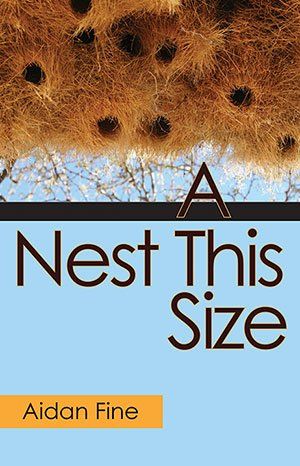
Tony Frazer (ed.) Shearsman 123 / 124

Tony Frazer (ed.) Shearsman 125 / 126
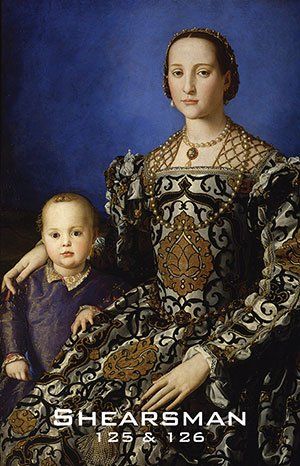
Robin Fulton Macpherson Arrivals of Light
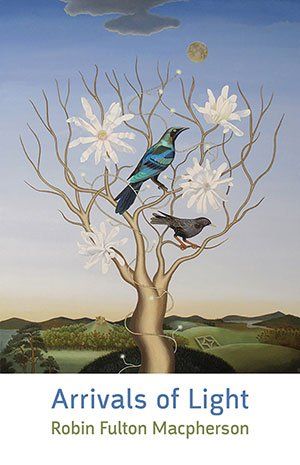
Harry Guest Last Harvest
[…] enough however here for mysteries,
times to get lost on, found again,
a different beauty, wilder, spread, bare and
always the past put there in stone to stay
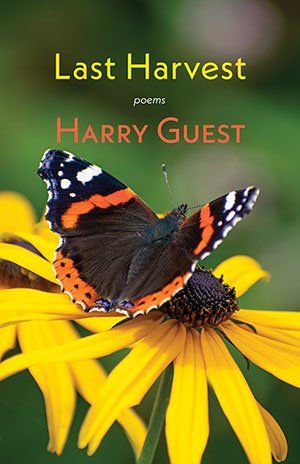
Gëzim Hajdari Bitter Grass
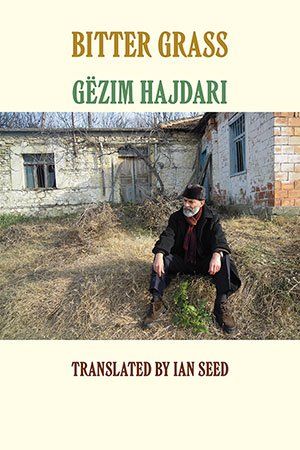
Robert Hampson & cris cheek (eds.) An Allen Fisher Companion
Published May 2020. Paperback, 296pp, 9 x 6ins, £17.95 / $25
ISBN 9781848616264 [Download a sample PDF from this book here .]
A long awaited collection of essays which gives a chance for Allen Fisher’s many admirers to study his work in depth with a group of experts. Contributors include Clive Bush, cris cheek, Collum Hazell, Steven Hitchins, Pierre Joris, Paige Mitchell, Will Montgomery, Redell Olsen, William Rowe, Robert Sheppard, Scott Thurston, Shamoon Zamir, plus a transcript of a PhillyTalk involving Karen Mac Cormack & Allen Fisher, Marjorie Welish, Matt Hart & Rob Holloway.
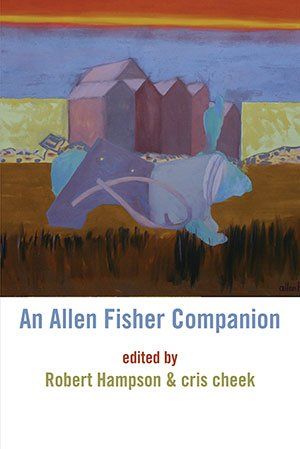
Lesley Harrison Disappearance — north sea poems
Published February 2020. Paperback, 80pp, 8 x 8ins, £12.95 / $20
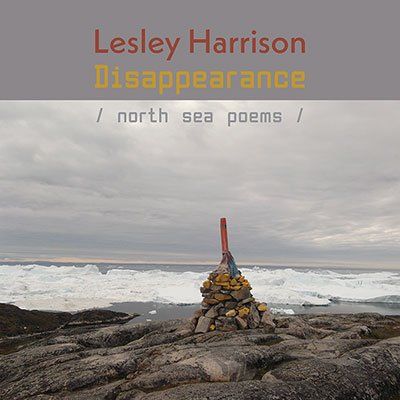
Martin Harrison The Kangaroo Farm
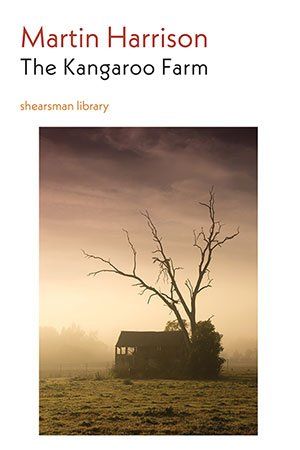
Michael Haslam Ickerbrow Trig
Published January 2020. Paperback, 118pp, 9 x 6ins, £12.95 / $20
ISBN 9781848616974 [Download a sample PDF from this book here .]
Ickerbrow Trig , the book, is simply a collection of poems written since A Cure for Woodness . As for the book's title, it’s simply the remnant of a bonnet-bee and an exhausted pun. As a topographical feature, it exists, un-named as such on any map. As a topographical feature, it exists, un-named as such on any map, though Ickerbrow is better known to followers of the Ordnance Survey as High Brown Knoll. (Michael Haslam)
“In Michael Haslam we have a genuine major poet of the north of England” —David Wheatley, The Literary Review , on Scaplings (included in this volume).
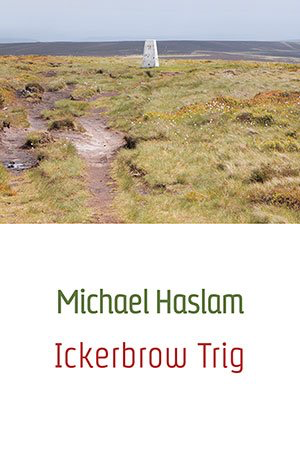
Paul Holman The Memory of the Drift (revised & expanded edition)
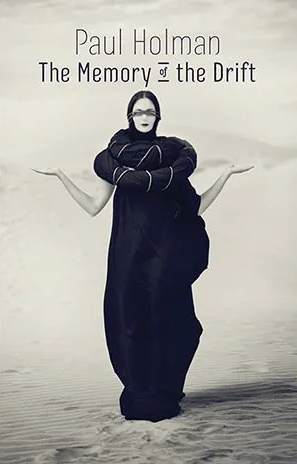
Jeremy Hooker Selected Poems 1965–2018
Published July 2020. Paperback, 278pp, 9 x 6ins, £16.95 / $25
ISBN 9781848617070 [Download a sample PDF from this book here .]
This volume draws on over 50 years of poetry written by a poet who stands a little askew to the dominant modes in Britain: an Englishman in Wales, and an English poet with a decided admiration for the work of both George Oppen and David Jones, two very different Modernist exemplars, whose work often seems to be admired rather than engaged with in this archipelago. Jeremy Hooker is a literary explorer, and a poet with a powerful sense of place, whose joy in landscape and his surroundings shines through his body of work.
"I am a lyric poet who seeks to free himself from the limitations of a narrow subjectivity." — Jeremy Hooker
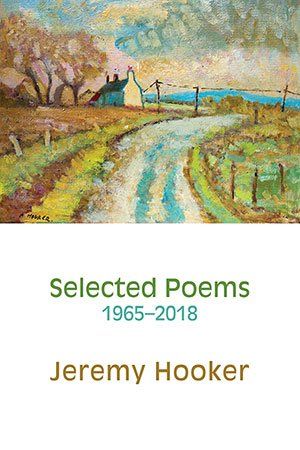
Jeremy Hooker Art of Seeing
— Essays on Poetry, Landscape Painting & Photography
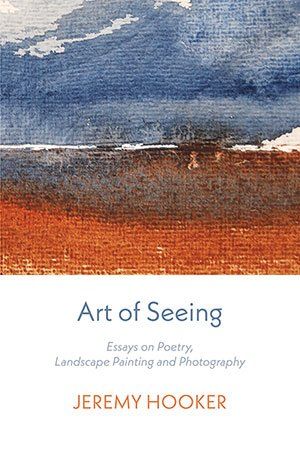
Vicente Huidobro Manifestos
Translated from French by Tony Frazer. Bilingual volume.
Published January 2020. Paperback, 116pp, 9 x 6ins, £12.95 / $20
ISBN 9781848616950 [Download a sample PDF from this book here .]
Huidobro published this collection of manifestos and statements on poetics in 1925, and it summed up the previous 8 or 9 years of his work. The truth is, however, that he was already moving away from some of the positions espoused in this volume, and this volume and the two poetry collections listed below as Paris 1925 , were his last publications in French. From 1926 onwards he is emphatically a Spanish-language poet, although some works continued to be composed in both languages (particularly Altazor and Temblor de cielo / Tremblement de ciel ), or were translated by the author into French for magazine publication.
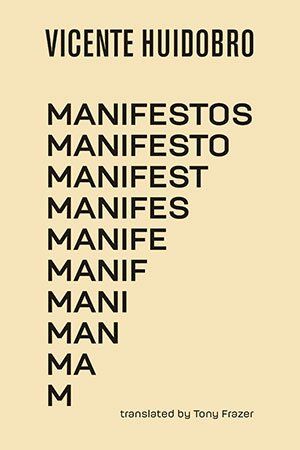
Vicente Huidobro Paris 1925: Ordinary Autumn & All of a Sudden / Automne régulier & Tout à coup
Automne régulier & Tout à coup
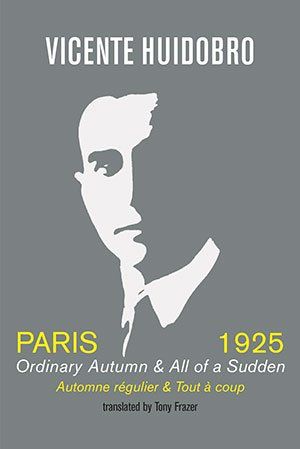
Vicente Huidobro & Hans Arp Three Huge Novels
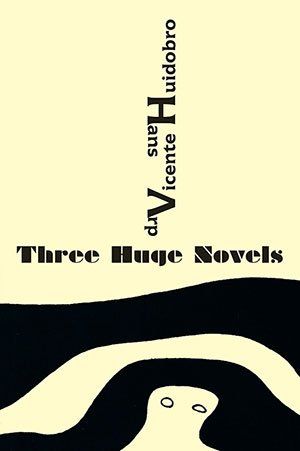
David Jaffin Two-timed
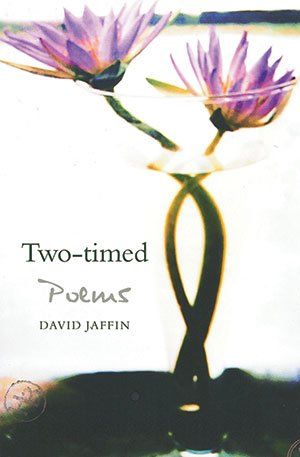
David Jaffin Snow-touched Imaginings
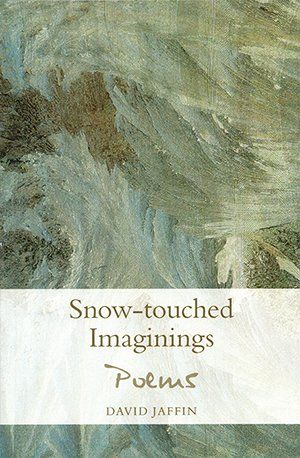
Sasja Janssen Putting On My Species
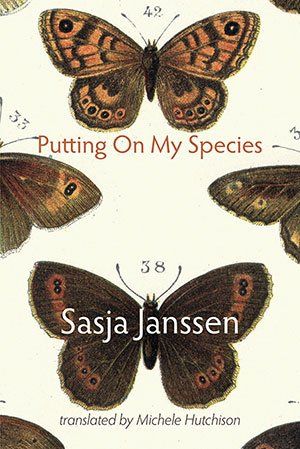
Kent Johnson Because of Poetry I Have a Really Big House
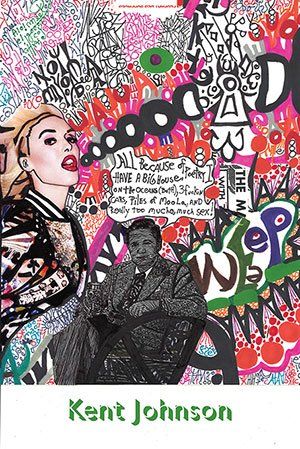
Kenneth Keating (ed.)
A Line of Tiny Zeros in the Fabric - Essays on the Poetry of Maurice Scully
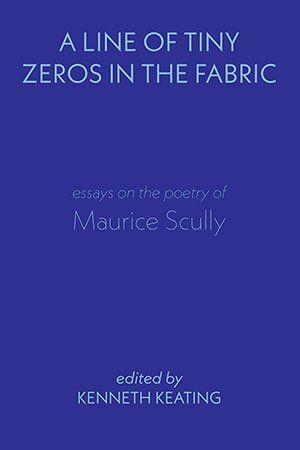
Richard Lovelace Collected Poems
Published June 2020. Paperback, 220pp, 9 x 6ins, £14.95 / $23
ISBN 9781848616172 [Download a sample PDF from this book here .]
Lovelace joined the Court after his university days and served in the King’s military campaign in Scotland. He was given the position of a “Gentlemen Wayter Extra-ordinary” to the King, and wrote a volume of elegies to the Princess Katherine. For a time he was a general in the royalist army. After the campaign in Scotland failed, he returned to his home in Kent. In 1642 he was imprisoned in Westminster for his political activities, during which time he wrote his famous poem ‘To Althea. From Prison’, with its immortal lines, “Stone walls do not a prison make, nor iron bars a cage.” Following his release from prison he joined General Goring to fight in the Low Countries, as his father had done. He remained in Holland and France until 1646, and then returned to London. Upon his return he was imprisoned again. Released in 1649, he then published the volume Lucasta . He died in some poverty in 1658.
A good poet from the group that regarded Ben Jonson as friend and exemplar, his work deserves more attention than it usually receives. As with his friend Suckling (see above), he has tended to be overshadowed by the great names of the era — and there were so many of those.

Rupert M Loydell & Sarah Cave A Confusion of Marys
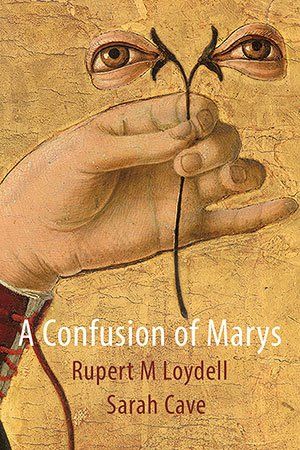
Mario Martín Gijón Sur(rendering)
Translated from Spanish by Terence Dooley. Bilingual volume.
Published February 2020. Paperback, 128pp, 9 x 6ins, £12.95 / $20
ISBN 9781848617049 [Download a sample PDF from this book here .]
Mario Martín Gijón’s
(Sur)rendering is a sequence of short passionate lyrics describing a love lost and found. This might sound like nothing new in the history of poetry, but the poet immerses us in his story by a complex process of linguistic recreation: recreation in the sense of re-invention and recreation also as play, or playfulness. Eduardo Moga explains his method: ‘The poetry of Mario Martín Gijón is characterised by a morphological promiscuity which springs from an intense awareness of the susceptibility of language to experiment. Words become lexical clay in the hands of the poet, or articulated entities into which other words may be telescoped. Words break, unscrew, crumble onto the page like sand. They are like scattered pieces of a mosaic reassembled to form a new puzzle. This is done by the insertion of brackets around letters, slashes allowing a choice between letters, dashes severing or connecting syllables, suffixes or prefixes belonging equally to the words surrounding them. It multiplies the ways in which a phrase can be read, multiplies its potential simultaneous meanings.”
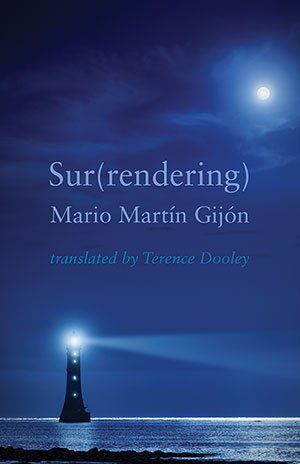
Anna Mendelssohn I'm Working Here: The Collected Poems
Published 28 December 2020. Paperback, 780pp, 8.5 x 8.5ins, £45.00 / $65
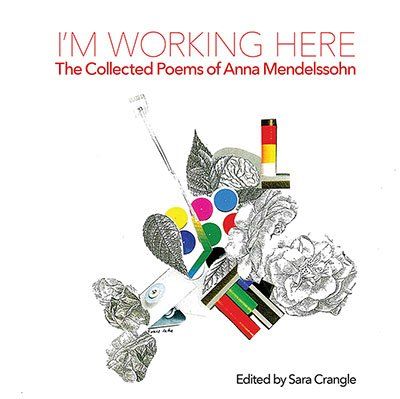
John Muckle
Late Driver
Published June 2020. Paperback, 180pp, 9 x 6ins, £12.95 / $20
ISBN 9781848617308 [Download a sample PDF from this book here .]
Pauline is at the end of her life, wool-gathering in a chair, but simultaneously in her prime, driving between dress shops in her blue Opel Kadett; Eileen Platt, an American nurse, is stationed on a remote airfield – known as Mudville – in the Blackdown Hills, Devon, her duties to patch up returning aircrew of Liberator bombers. She doesn’t want to go home to Des Moines after the war. She wants to stay in England.
Near the old airfield a family play out their last moves in a place superficially unchanged, in a country whose old order is breaking up, slipping past proper recall. Richie’s rotting Jags and Daimlers no longer run; women still care for men, sometimes may be cared for in turn – but sometimes the cars may change without warning, and wasps swarm madly out of the jar.
In stories varying in size and manner from a funeral eulogy to a compelling wartime romance, Late Driver tells of a number of surprising lives imagined in out of the way places; the mood is restless, probing, suffused with memories and loss – although some rivet-hole stars still let in the light of the young women who first punched them into an empty sky.
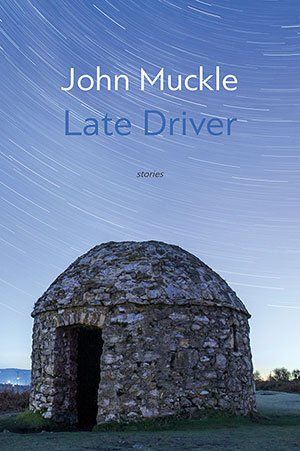
Douglas Oliver Islands of Voices — Selected Poems
Published October 2020. Paperback, 198pp, 9 x 6ins, £12.95 / $22
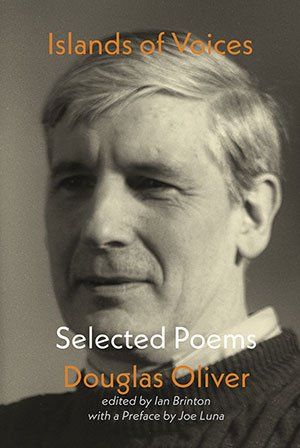
Simon Perril The Slip
The Slip is steeped in the animal fables within the surviving fragments of Archilochus, pre-Aesopical ainos that were likely stock elements of Iambic verse. Most famous are the sequence of fragments in which the fox recounts his revenge upon the eagle (widely regarded as code for Lycambes) who has betrayed their friendship by eating the vixen’s cubs. The fox curses the eagle and appeals to Zeus to intervene and bring justice to bear; the greedy eagle steals meat from a sacrificial altar only to have it burn down his nest and cause its young to fall out into the jaws of its vulpine rival.
So, here are the last steps of the ‘wolf walker’ Lycambes, undergoing his curse in the Dog Days of summer on the cusp of following the death of his daughters with his own, and reminiscing. Central to this reminiscence are the early expeditions to colonise Thasos he undertook with Telesicles, Archilochus’s father, and that doubtless confirmed, if not established, the bond between the families that he shatters in breaking his oath. In pottery, the slip is a liquified suspension of clay in water and was painted onto the areas of ancient pots intended to emerge black in the firing process. Needless to say, notions of the slip also encompass all manner of acts of evasion, disguise, and the tying of a noose.
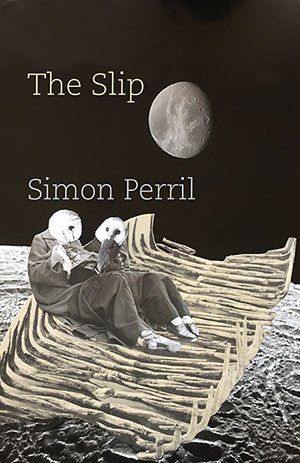
Alejandra Pizarnik Diana's Tree

Eléna Rivera Epic Series
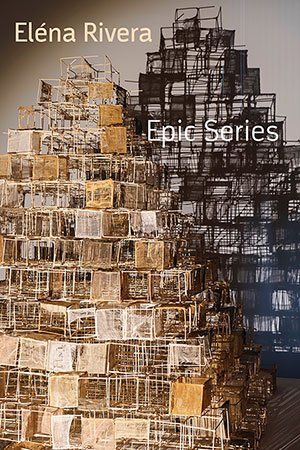
Andrew Michael Roberts (ed.) Strangeness and Power: Essays on the Poetry of Geoffrey Hill
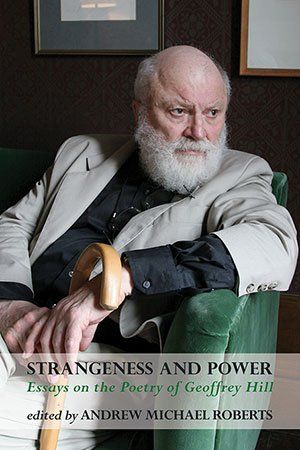
Maurice Scully Things That Happen
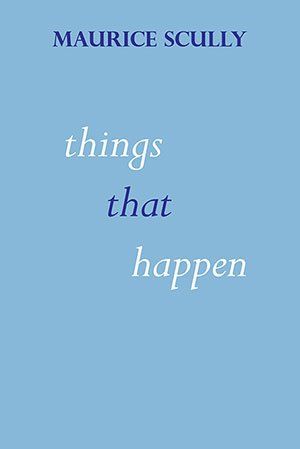
Ian Seed The Underground Cabaret

Aidan Semmens There Will Be Singing
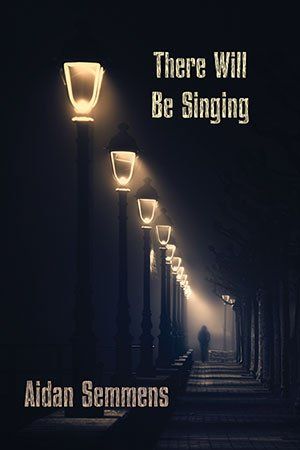
Zoë Skoulding A Revolutionary Calendar
The French Republican Calendar, in use from 1793 to 1805 and revived briefly during the Paris Commune of 1871, was an effort to secularise time and return symbolic power to the rural worker. The poet Fabre d’Églantine renamed the months after seasons, while each day, instead of being dedicated to a saint, was dedicated to a plant, animal, mineral or agricultural tool. These names are the starting point for the poems of A Revolutionary Calendar, in which the interplay of etymologies, translations and sensory memory becomes a means of exploring solidarities between human, objects and other species.
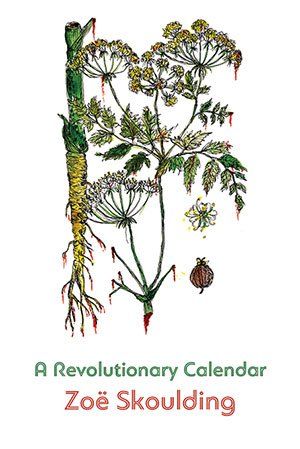
Sasha Steensen Everything Awake
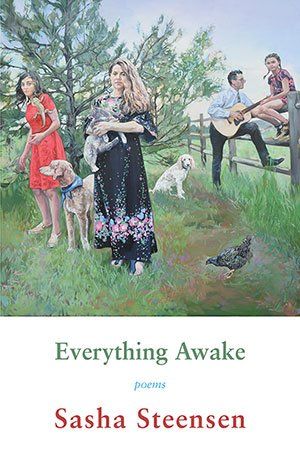
Will Stone The Slowing Ride
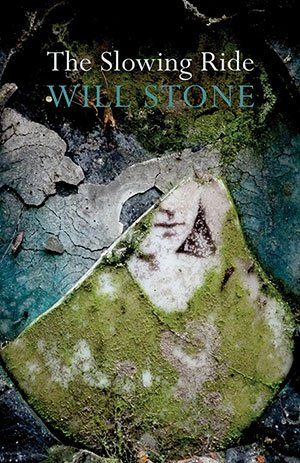
Sir John Suckling Collected Poems
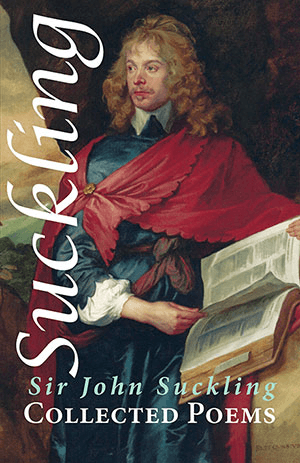
Mervyn Taylor Country of Warm Snow
Published August 2020. Paperback, 80pp, 8.5 x 5.5ins, £10.95 / $18
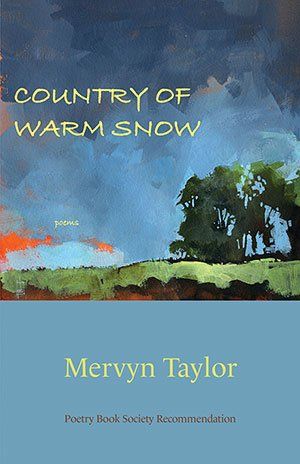
Luke Thompson Singing about melon
Published October 2020. Paperback, 80pp, 8 x 8ins, £10.95 / $18
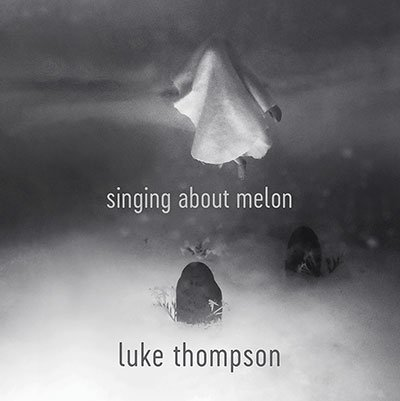
Marina Tsvetaeva Youthful Verses
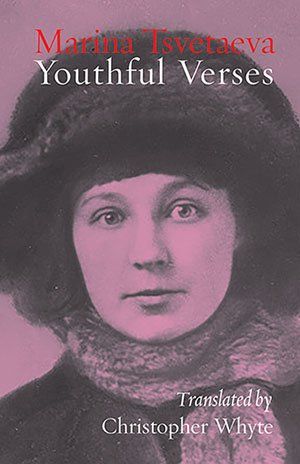
Lars Amund Vaage The Red Place
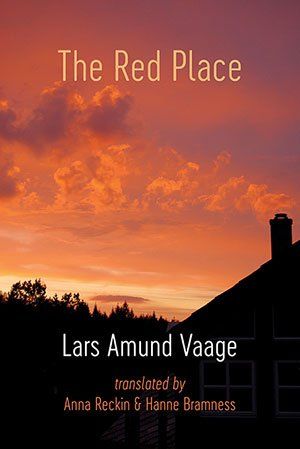
Paul Vangelisti Motive and Opportunity
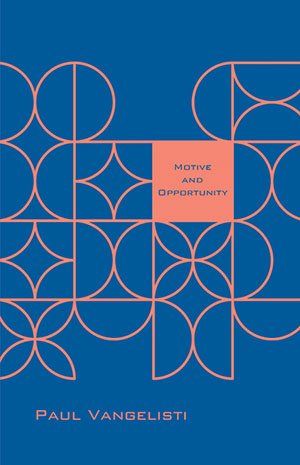
Molly Vogel Florilegium
Published March 2020. Paperback, 132pp, 9 x 6ins, £12.95 / $20
Molly Vogel’s first collection of poems, Florilegium is an exploration of life written in ‘the language of flowers’. The poems regard flowers as both symbols and means of communication; in a broader sense, they deem the natural world essential to our understanding of words, ourselves, and the divine. Like Coleridge’s rook in ‘This Lime-Tree Bower My Prison’, the flower is a sign that connects those disparately placed, both geographically and emotionally. Florilegium finds its blooms in Scotland as well as California; in free verse as well as stricter form; in books as well as dreams; on streets and at shrines as well as in wild gardens. Fittingly, the poems are varied and vividly colourful, inviting and surprising. They precede a long-form glossary, a meditation growing out from the poems’ words but also from the entire history of literature and thought around flowers. Though intertwined with the poems, the glossary is a collection in itself: in equal parts literary criticism, philosophical treatise, and prose poem.
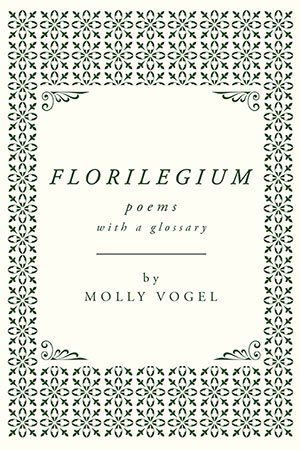
Carol Watts Kelptown
Published November 2020. Paperback, 98pp, 9 x 6ins, £10.95 / $18
ISBN 9781848617339 [Download a sample PDF from this book here .]
"This is poetry at the edge of the land, but also at the edge of our horizon.
Kelptown is Kemptown, so we are on the south coast of England. But this is not a poetry in which borders are fixed. What we are given instead is a language of continuities, lines of contact and connection that conventional place-making keeps from view. We are standing at the shore, knowing that the waters are rising, but knowing also that our only hope is to situate ourselves in a radically different way. Carol Watts gives us a poetry which lives, and shows us how we can learn to live, alongside fellow species, which allows us to register again what we walk among. It is a poetry of loss and of an intense politics of loss: we are given ‘DeExtinction Poems’ and ‘Notes on a Burning World’. But is also a poetry that knows it must ‘make a home/ on friable shores, built from inundate truths’. These beautiful lines are from the book’s title sequence, where Watts raises the Thoreau-like question: ‘How do I live, tenant among your long fronds’. More than ever we need our poets to help shape our answers to such questions. And Carol Watts’ imaginary is a most crucial response. Written across the past decade, through what can seem like the end times, these are poems that open us to new relations with the world."
—David Herd
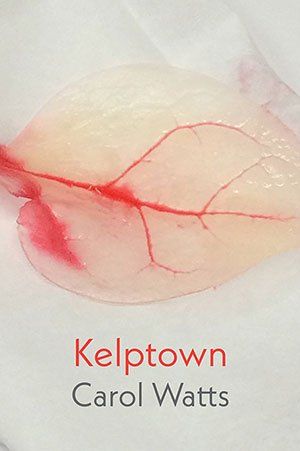
Menno Wigman The World by Evening
